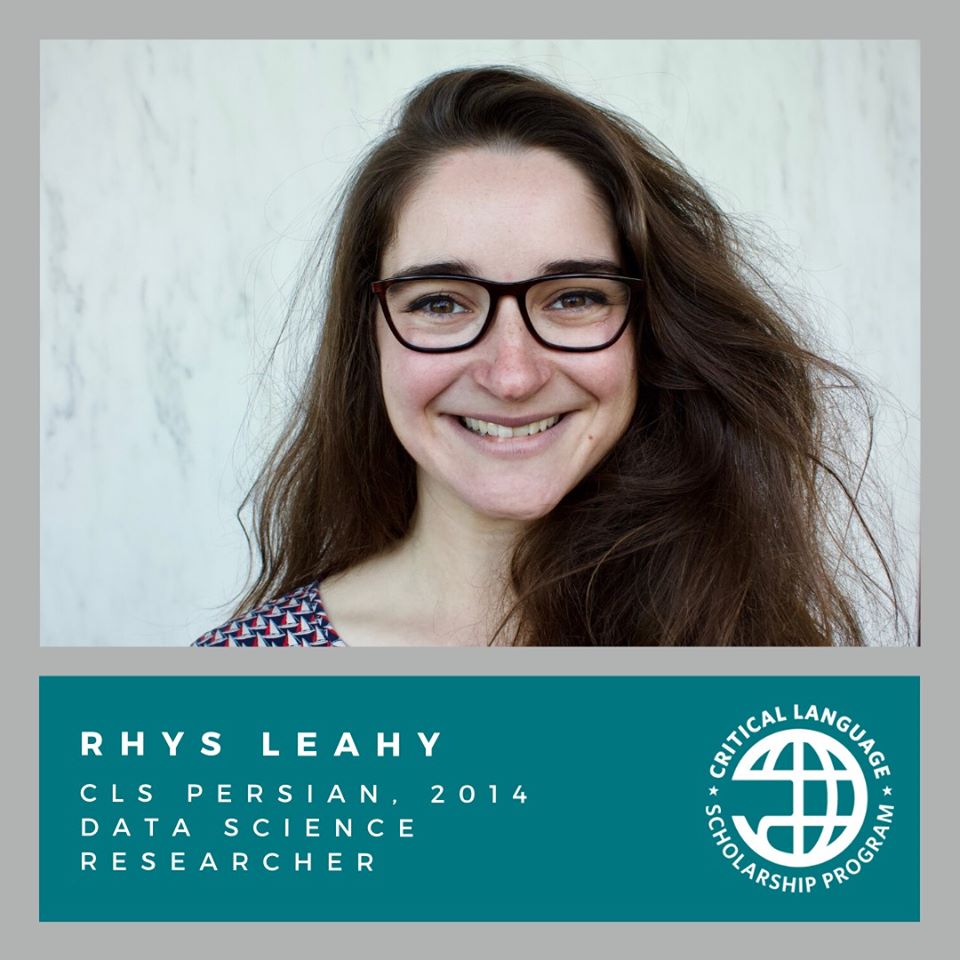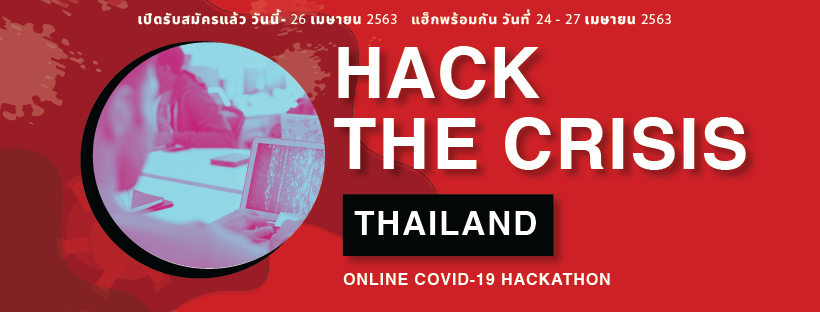Nineteen year old Youth Ambassador Keven Leyes was on an entrepreneurship and innovation training program when the coronavirus crisis hit. As part of his research, he developed an application connecting donors and volunteers so that they could provide supplies to hospitals as well as emotional support to members of vulnerable communities. Community projects, like Kevin’s, are at the core of the Youth Ambassadors Program. Kevin’s hard work and focus on bringing communities together has also been noticed by Argentina’s leading daily newspaper, La Nacion, who also covered Kevin’s story. Keep up the great work, Kevin!
The alumni website is currently undergoing changes, and we hope to back up soon. In the meantime, if you’re an exchange alumni, check out exchangealumni.state.gov to connect with fellow alumni, join groups and events, search for job opportunities, and more! And check out eca.state.gov to find out more about our exchange program opportunities.









